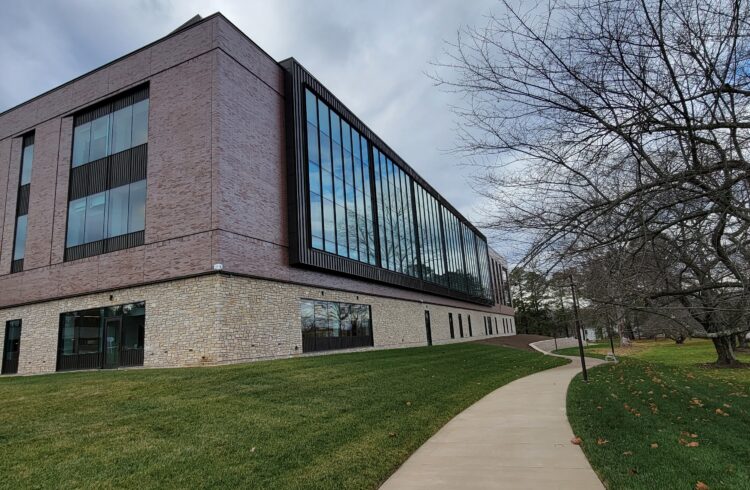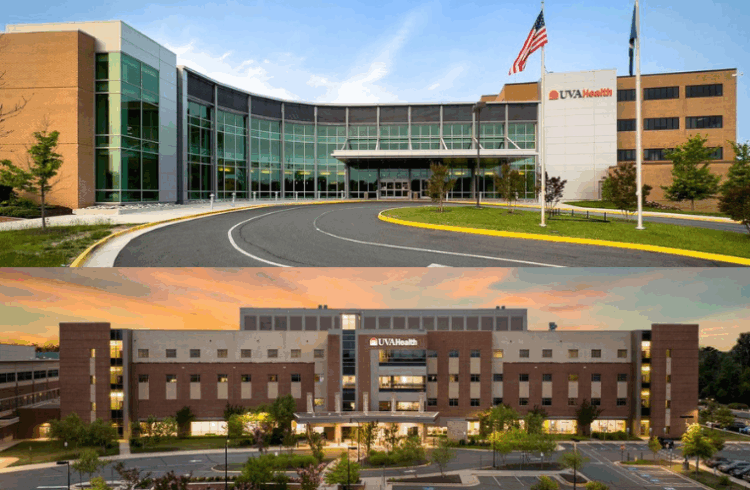
CHARLOTTESVILLE, Va. – A team of cancer biologists has been awarded $9.55 million from the National Cancer Institute (NCI) to fund prostate cancer research over the next five years. The Program Project Grant (P01), “Signaling and Progression in Prostate Cancer,” brings together a multi-disciplinary team of basic scientists and physician scientists at the University of Virginia Cancer Center and the University of Colorado Cancer Center .
In 2011 alone, the NCI estimates an incidence of nearly 241,000 new cases of prostate cancer and 33,720 deaths. When caught in its early stages, prostate cancer is treatable in most cases. But once the disease has reached an advanced stage it becomes largely resistant to current treatments, and the five-year survival rate is only 28 percent.
The research team’s overall goal is to discover the molecular changes that occur as prostate cancer progresses to the therapy-resistant state.
“Understanding these changes could reveal new drug targets and provide a knowledge base for improving prostate cancer therapies,” says study co-principle investigator Bryce M. Paschal, PhD, professor of biochemistry and molecular genetics and member of the Center for Cell Signaling at the University of Virginia School of Medicine . “These changes include alterations in how the cancer cells respond to signals and which genes are expressed.”
Along with Paschal, Dan Theodorescu, MD, PhD, director of the University of Colorado’s Cancer Center and Paul Bunn professor of surgery (urology) and pharmacology at the CU School of Medicine, is co-principle investigator of the new study. Theodorescu was recruited from UVA to become the director of the University of Colorado Cancer Center in 2010.
“We are excited for the opportunity to bring together researchers at two top universities with the objective of discovering what drives aggressive prostate cancer and translating these findings into treatments that improve the survival in patients with advanced disease,” says Theodorescu.
Paschal adds, “Because cancer is a highly complex disease, we favor a team-based approach that brings together investigators with diverse expertise.
“Our studies seek to define the molecular changes that occur as prostate cancer progresses or develops to this advanced state,” says Paschal. “The goal is to define these changes at the molecular level and understand how these changes contribute to the biology of prostate cancer – for example, cell growth, adaptation to limited nutrients, and cell motility. We’re essentially trying to determine which pathways are altered with disease progression.”
The Program Project Grant will utilize a number of cutting-edge technologies, including molecular imaging, ultra-high throughput DNA sequencing, and the development of new transgenic animal models designed to mimic the changes that occur in human prostate cancer. The three projects in the P01 program include creating new transgenic mouse models to determine how kinases cooperate to drive tumorigenesis, determining how hypoxic signals alter gene expression, and examining how micro RNAs regulate cell proliferation and prostate cancer progression.
University of Virginia team members also include Anindya Dutta, MD, PhD, professor and chair of the Department of Biochemistry and Molecular Genetics; Henry Frierson, MD, professor of pathology; Mark Conway, PhD, professor of biostatistics; David Wotton, PhD, associate professor of biochemistry and molecular genetics; and Dan Gioeli, PhD, associate professor of microbiology, immunology, and cancer biology.


